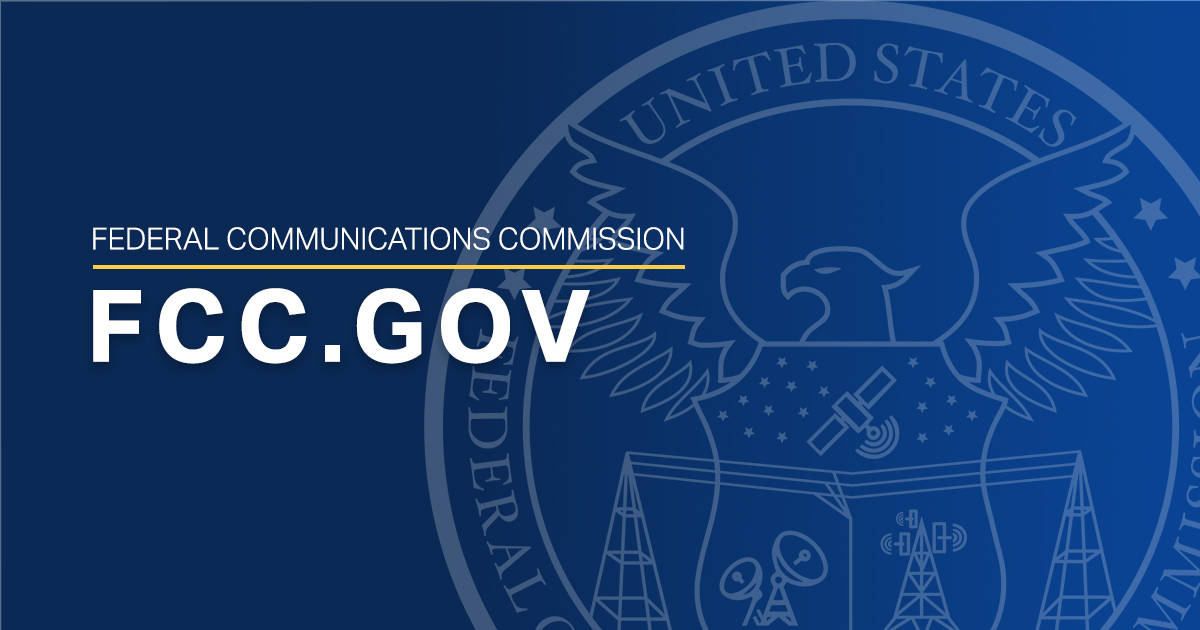abn1304
Newbie
Good afternoon all,
I apologize if this is a rehash of anything posted prior. I did a quick scan and didn't see anything that directly answers my question, but I'm brand new to civilian radio operations. My only previous experience is as a military radio operator.
I run (just started) a small nonprofit. Our mission is to provide advanced training and capabilities for first responders (all of us are prior military). As a nonprofit startup, financial resources are extremely limited, so I can't afford brand-new radios. Our primary use for radios (for now) is strictly tactical communications - think range operations and fireteam communications during training.
I have an XTS3000R that I'd like to use. I called Motorola and they said they no longer have software that can program these radios, and referred me to a vendor to buy a new radio. I can't really afford that, and would like to find (i.e. purchase) programming software for the XTS3000 if at all possible. Since Motorola can't help me, I'm hoping someone here knows where to purchase support options for legacy radios. Ideally, I'd really like to have encrypted solutions available.
Failing that, we need an affordable solution for tactical communications for training purposes.
We don't have a license yet, I'm working on that. There is some urgency to this given the current COVID crisis, which we are providing assistance/support for. I'd like to know what my options are before paying licensing fees in case I screw something up and have to go back and redo the licensing process. I'm really not an expert at this, so any advice would be appreciated; this is an entirely new world from military operations where I had an S6 sitting one door down.
Thanks in advance!
I apologize if this is a rehash of anything posted prior. I did a quick scan and didn't see anything that directly answers my question, but I'm brand new to civilian radio operations. My only previous experience is as a military radio operator.
I run (just started) a small nonprofit. Our mission is to provide advanced training and capabilities for first responders (all of us are prior military). As a nonprofit startup, financial resources are extremely limited, so I can't afford brand-new radios. Our primary use for radios (for now) is strictly tactical communications - think range operations and fireteam communications during training.
I have an XTS3000R that I'd like to use. I called Motorola and they said they no longer have software that can program these radios, and referred me to a vendor to buy a new radio. I can't really afford that, and would like to find (i.e. purchase) programming software for the XTS3000 if at all possible. Since Motorola can't help me, I'm hoping someone here knows where to purchase support options for legacy radios. Ideally, I'd really like to have encrypted solutions available.
Failing that, we need an affordable solution for tactical communications for training purposes.
We don't have a license yet, I'm working on that. There is some urgency to this given the current COVID crisis, which we are providing assistance/support for. I'd like to know what my options are before paying licensing fees in case I screw something up and have to go back and redo the licensing process. I'm really not an expert at this, so any advice would be appreciated; this is an entirely new world from military operations where I had an S6 sitting one door down.
Thanks in advance!


